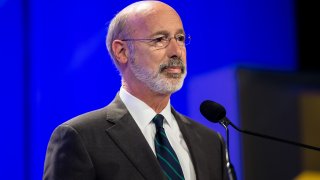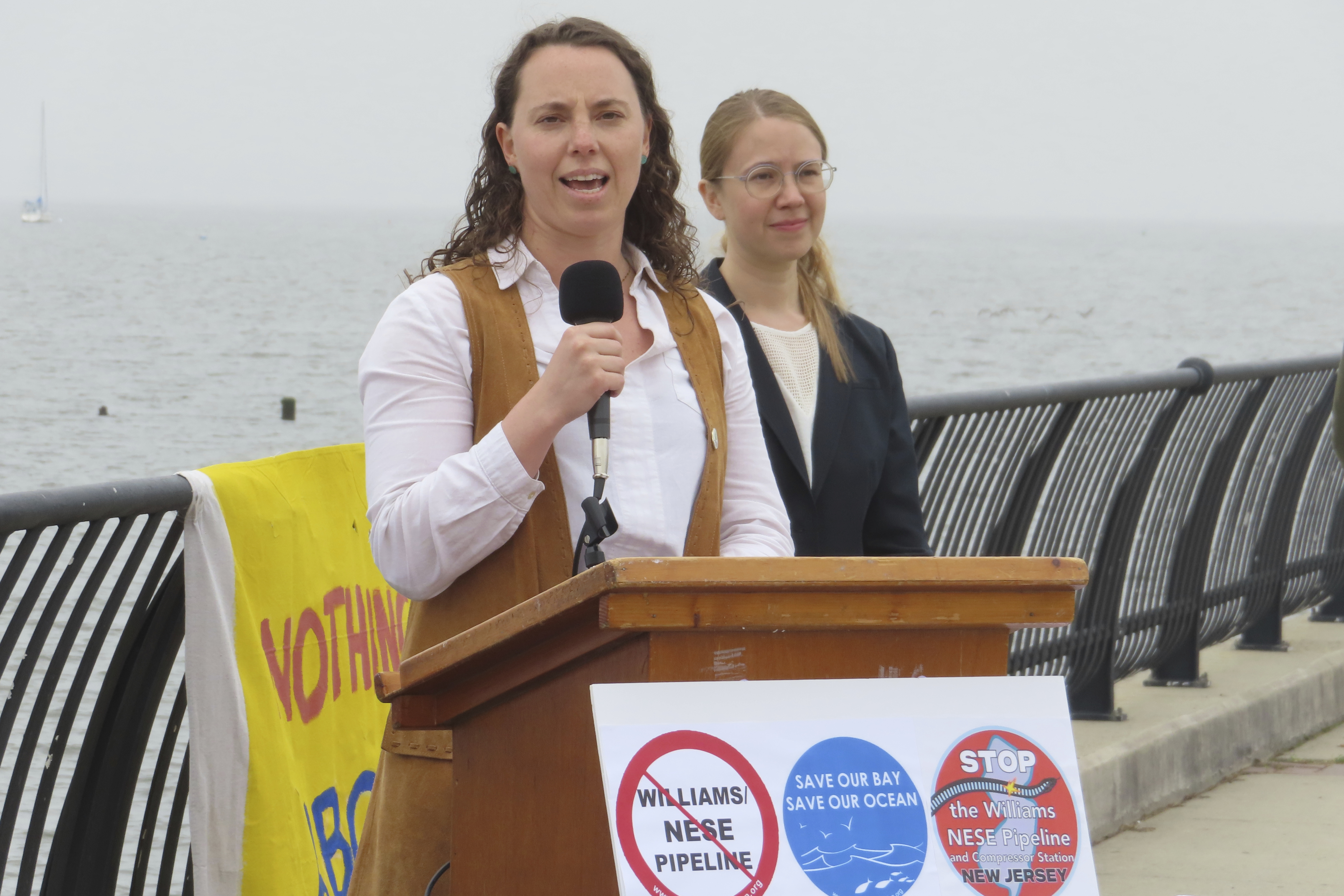
What to Know
- In a stalemate with lawmakers over raising the minimum wage or requiring companies to have paid sick leave, Gov. Tom Wolf will impose those requirements on companies getting financial incentives from the state.
- Wolf signed an executive order requiring companies receiving incentives to pay at least $13.50 an hour, rising to $15 an hour in 2024.
- Wolf signed an executive order requiring companies receiving incentives to pay at least $13.50 an hour, rising to $15 an hour in 2024.
In a stalemate with lawmakers over raising the minimum wage or requiring companies to have paid sick leave, Gov. Tom Wolf said Thursday he will impose those requirements on companies getting loans, grants or tax breaks from the state.
The minimum wage that incentives-receiving companies must pay is $13.50 an hour, rising to $15 an hour on July 1, 2024, under an executive order signed by Wolf. State contractors already must pay that amount, under a prior executive order Wolf signed in 2016.
The sick pay requirement has no required time frame attached to it.
Get Philly local news, weather forecasts, sports and entertainment stories to your inbox. Sign up for NBC Philadelphia newsletters.
The state annually budgets for tens of millions of dollars in grants, loans and tax breaks for companies that make certain promises to expand in Pennsylvania.
Pennsylvania's minimum wage has been set to the federal minimum wage of $7.25 an hour since 2009, when Congress last increased it.
Since Wolf took office in 2015, he has urged the Republican-controlled Legislature to increase the minimum wage, without success amid GOP opposition.
Business
Currently, 29 states have set minimum wages above the federal minimum, according to the National Conference of State Legislatures.
Thirteen states have enacted laws to require paid sick leave, the NCSL said. Philadelphia and Pittsburgh have approved their own ordinances to require it of companies doing business in those cities.



